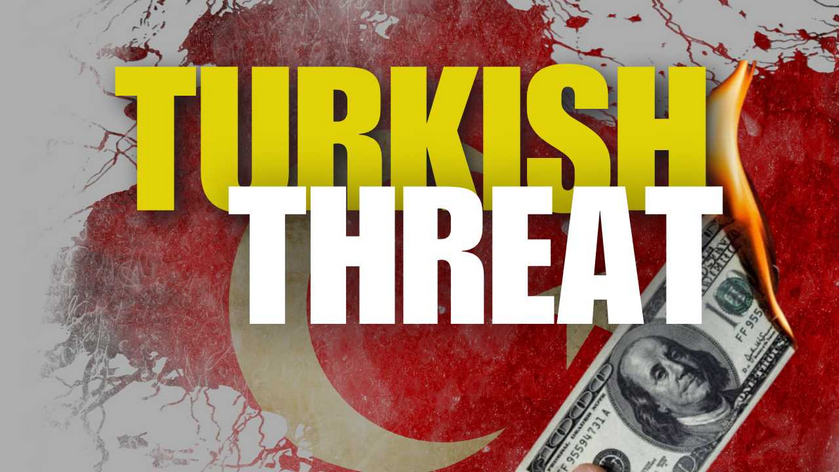The Pacific region, particularly Saipan and its neighboring islands, has long played a strategic role in global military affairs. While Saipan itself does not host a large military presence, nearby islands such as Tinian and Guam are critical outposts for U.S. defense. Tinian, just a short flight away from Saipan, is home to substantial U.S. military operations. This proximity underscores the strategic importance of the Northern Mariana Islands in maintaining regional security and U.S. military readiness.
Beyond the Pacific, broader geopolitical shifts continue to shape international relations. One of the most significant concerns is the evolving role of NATO, particularly in relation to Turkey. Turkey's status as a NATO ally has become increasingly complex under President Recep Tayyip Erdogan, whose government has leaned toward Islamist influences, shifting away from the secular policies that defined Turkey's early NATO membership. This shift has created friction within the alliance, raising concerns about Turkey's loyalty and strategic alignment.
A major point of contention is NATO's Article 5, which stipulates that an attack on one member is an attack on all. This obligation becomes particularly problematic if Turkey were to engage in a conflict where its actions might be viewed as aggressive rather than purely defensive. For example, if Turkey found itself at odds with Israel, the alliance would face a dilemma over whether to uphold collective defense obligations.
Meanwhile, tensions in the Middle East continue to escalate, with targeted military strikes and strategic maneuvers shaping the regional landscape. Recently, an Israeli operation in Lebanon eliminated Hezbollah operative Hassan Bair, who was linked to Iran’s Quds Force and was reportedly planning an attack on Israeli civilians, including an attempted airline bombing in Cyprus. This preemptive strike likely averted a significant tragedy, highlighting the constant security threats faced by Israel and its intelligence capabilities.
At the same time, the conflict involving the Houthis in Yemen has intensified. The Houthis have repeatedly claimed to have downed U.S. drones and attacked American naval vessels, though many of these claims lack credible evidence. The U.S. military continues to engage in defensive measures, intercepting missiles and maintaining a strategic presence in the region to counter threats originating from Iranian-backed groups.
Iran remains a central figure in Middle Eastern instability, and there is growing speculation about potential military action against the Iranian regime. While diplomatic efforts persist, Iran’s continued involvement in proxy conflicts and its support for militant groups have fueled discussions about a possible escalation. Any military action against Iran would have significant global implications, affecting everything from energy markets to regional alliances.
In Israel, security concerns have led to increased border fortifications, including a newly planned $1.4 billion wall along the Jordanian border. While Israel has previously fortified its borders with Gaza, the new construction aims to prevent arms smuggling and unauthorized crossings. Similarly, Egypt's military buildup in the Sinai Peninsula has raised alarms, as Cairo appears to be exceeding the limits outlined in its peace agreement with Israel. Expanding runways and port facilities in the Sinai suggests long-term military ambitions, prompting Israel to file formal complaints.
These developments highlight the shifting nature of global security challenges, from military build-ups in the Pacific to political maneuvering in NATO and heightened conflicts in the Middle East. As nations navigate these turbulent waters, strategic alliances and military preparedness will continue to play a crucial role in maintaining global stability.

















